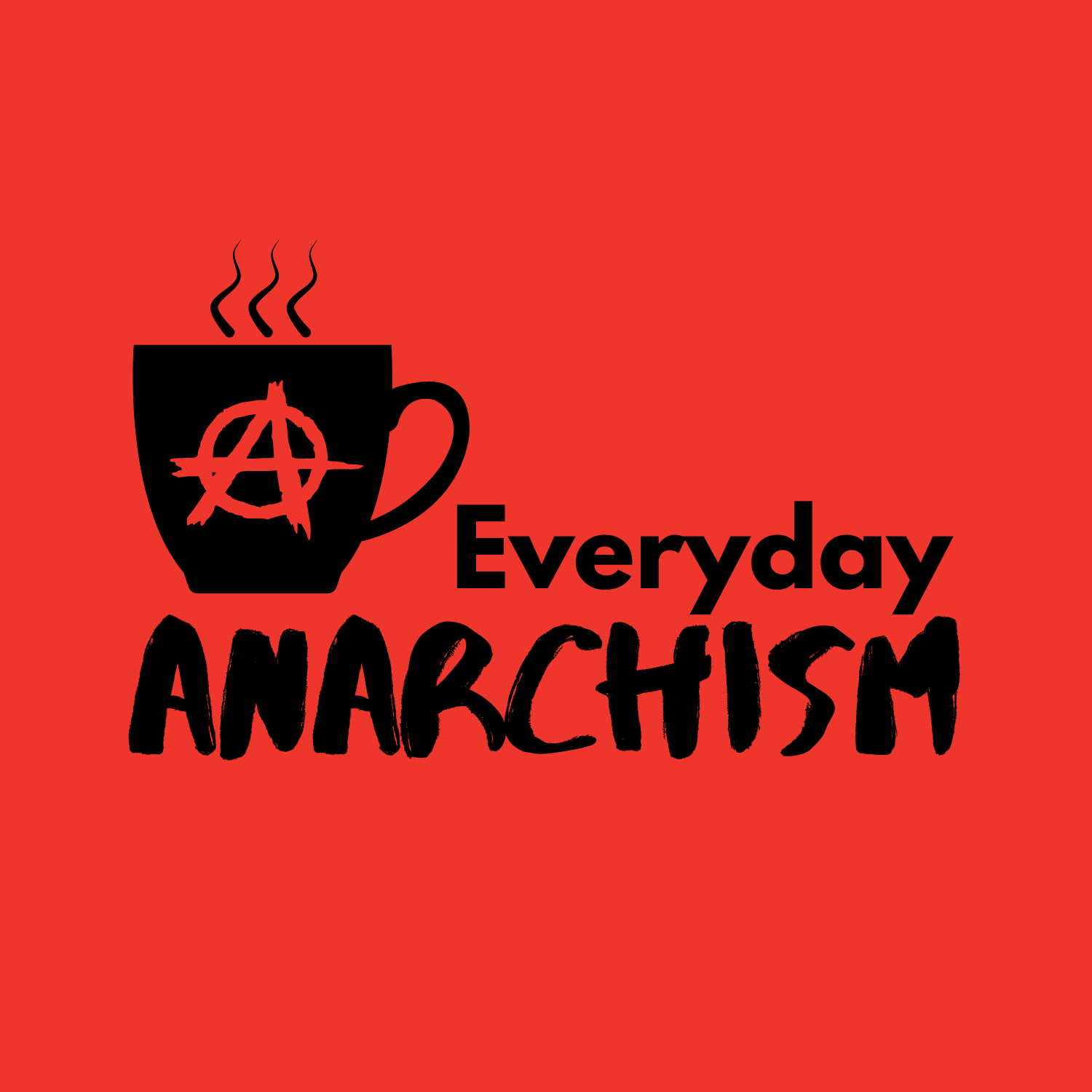Dispossessing The Dispossessed

Welcome back to Anarchist Hot Takes, the weekly newsletter from Everyday Anarchism.
This is a second occasional series that I'm going to start, and it will alternate with the Democracy is Peril series that I started at the end of 2021. I thought it might be nice, among other things, to start with the idea of a better world at the beginning of 2022. And that Signac painting is definitely a better world than the one I've been writing about in my analysis of American democracy (or "democracy").
Most of the work done on anarchism is historical. This makes sense because the heyday of anarchism was more or less between 1848 and 1939, and also because it's a lot easier to write about the past than it is to write about the future. (I don't recommend trying to write about the present. It becomes the past before you even start typing.)
But there are people who write about the future, or at least speculative futures. We call these people science fiction writers or, if you want to be trendy, "speculative fiction" writers. As I've probably already mentioned here, there, and everywhere, science fiction is one of my favorite genres, and it can give us so many ideas about how we could restructure our world. People like to dismiss science fiction novels as not serious, but you can make the case - and many people have - that certain science fiction novels (Shelley's Frankenstein, Bellamy's Looking Backward, Orwell's 1984, Herbert's Dune) have had more influence on the world than any "serious" work of philosophy or economics or suchlike (not to mention "literature," that strange genre that more or less means "works of fiction that people who think they are smart think that stupid people won't be able to understand").
So I'm going to spend some time with a few texts that I think would be really valuable to help us think about anarchistic (or hierarchical) futures, especially as they relate to AI. But to do that, first I have to dispossess The Dispossessed.
If you don't know, The Dispossessed is a science fiction novel by Ursula K. Le Guin that offers up an anarchist society. And people love it. Anarchists absolutely love it. It gets taught, discussed, referenced, all the time. It is the anarchist future that people believe in.
I'm not a fan. For one thing, although Le Guin is a brilliant thinker and a skilled writer, I've never liked her novels. They simply don't resonate with me. There's no reason to belabor that particular point, though; if you like her, you like her. I won't try to change your mind.
But I've got a much bigger problem with The Dispossessed. The moon where much of the novel takes place is a crummy place without enough resources. Everything is scarce. Against the odds, using anarchism, people have built a thriving, cooperative, feminist society. So far, so good.
But I feel like this offers us very little of value as we try to think about an anarchist future. We haven't had scarcity in the industrialized world since we've had an industrialized world. Sure, people have starved and died due to lack of access to food, water, shelter, medicine...but we had enough the whole time. We just didn't distribute it well. So although I like the idea that a world can be anarchist even if there's just barely enough for everyone, I don't know why I should care. I want a world in which we have anarchism and enough for everyone. The Dispossessed doesn't say that can't happen, but it doesn't suggest any ways for it to happen.
Oh, and there's no AI in The Dispossessed. There is space travel and faster-than-light communication, the sort of technologies that we can't have and don't need to make a post-scarcity anarchist utopia possible. But we are about to have AI, unless something changes markedly, and there are some fascinating texts that suggest how that might affect a potential anarchist utopia.
So, I'm going to offer up some utopias (and, as always, some nightmare scenarios) from science fiction that I think are much more useful than The Dispossessed. You can let me know what you think.
